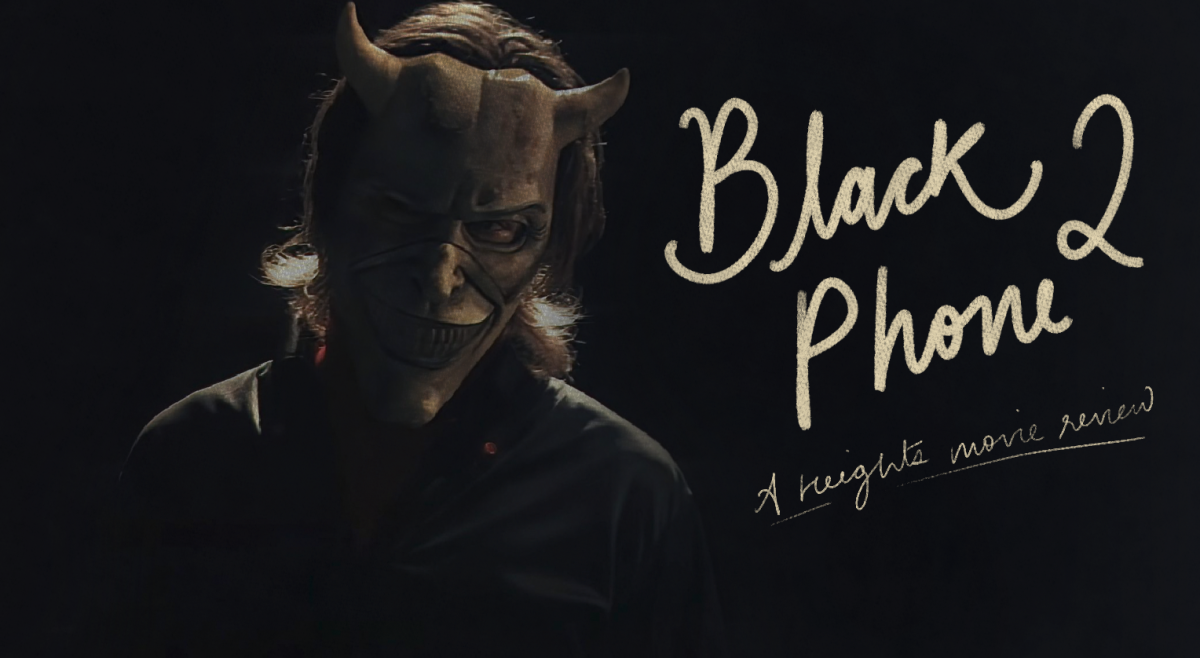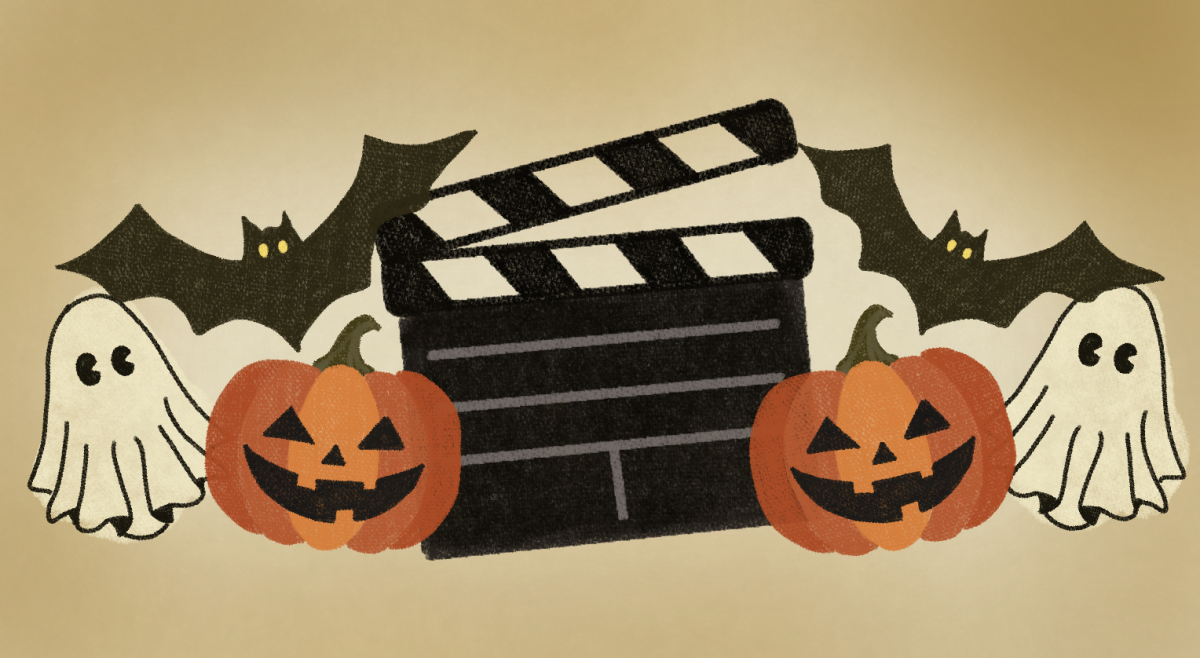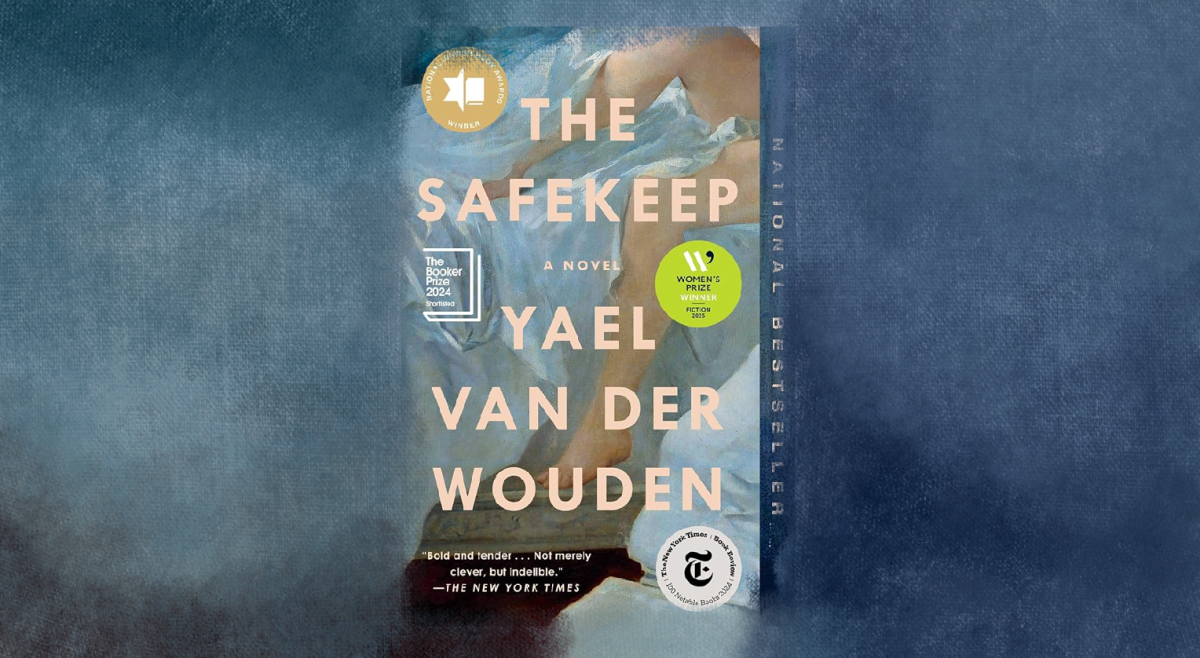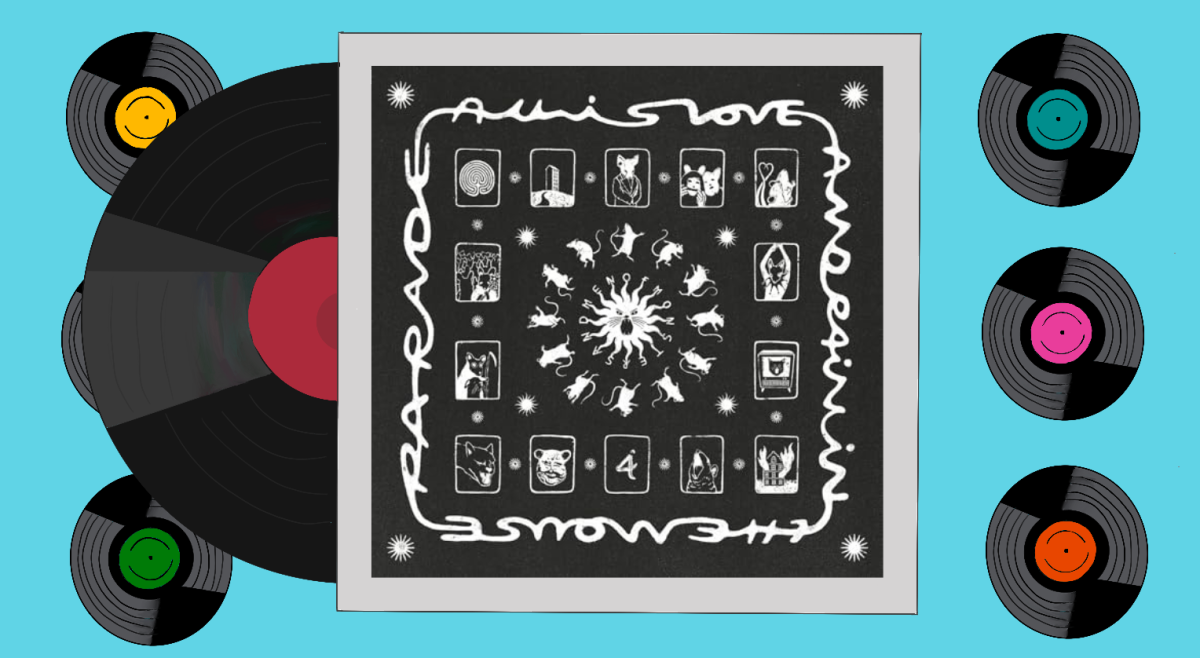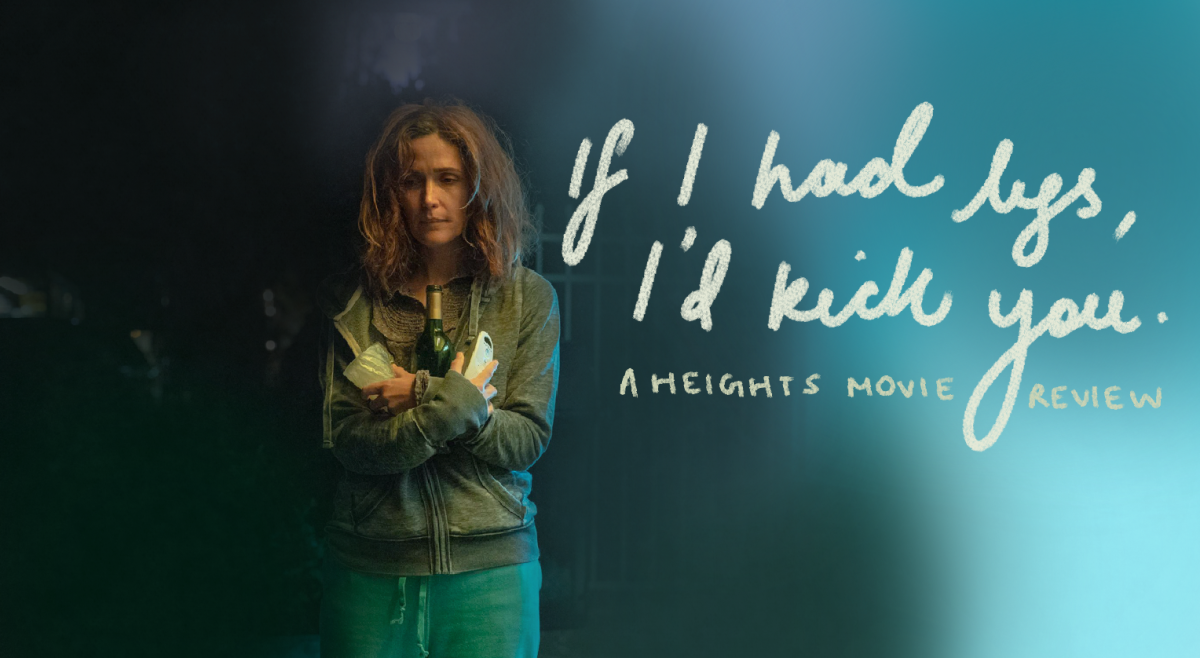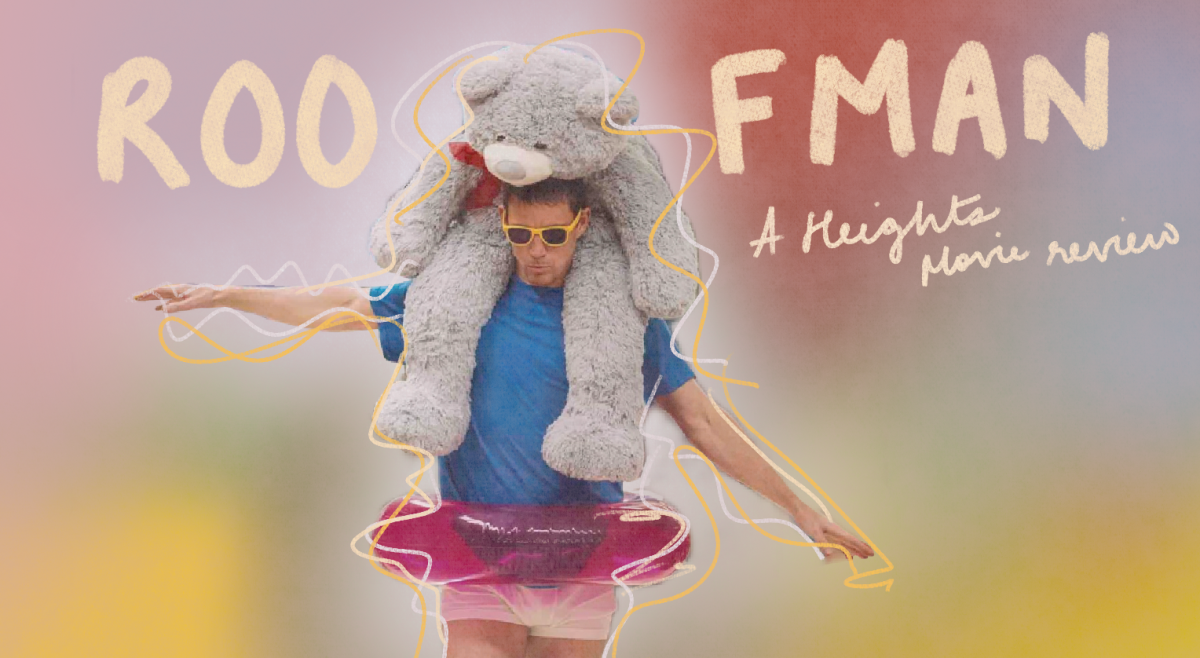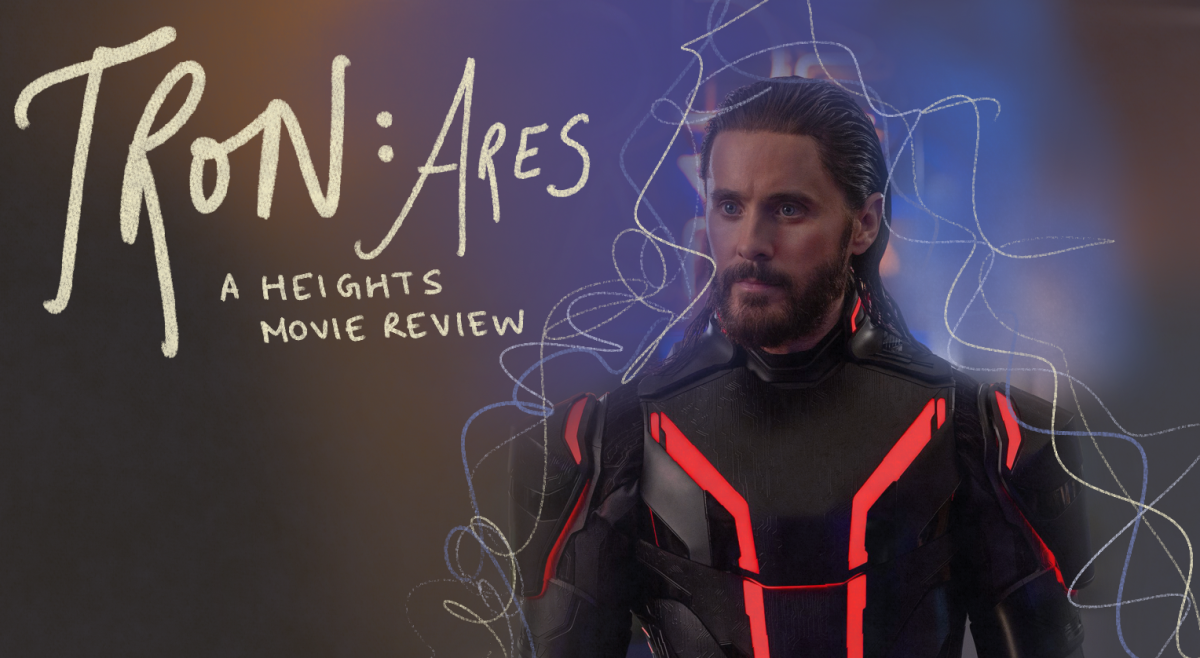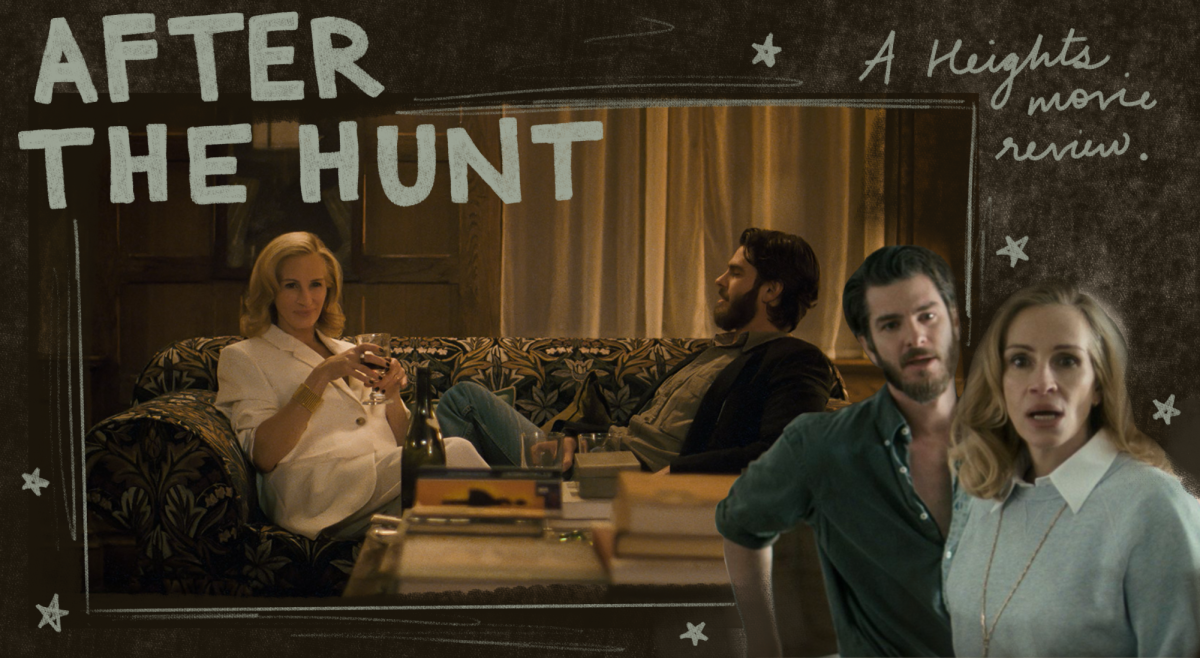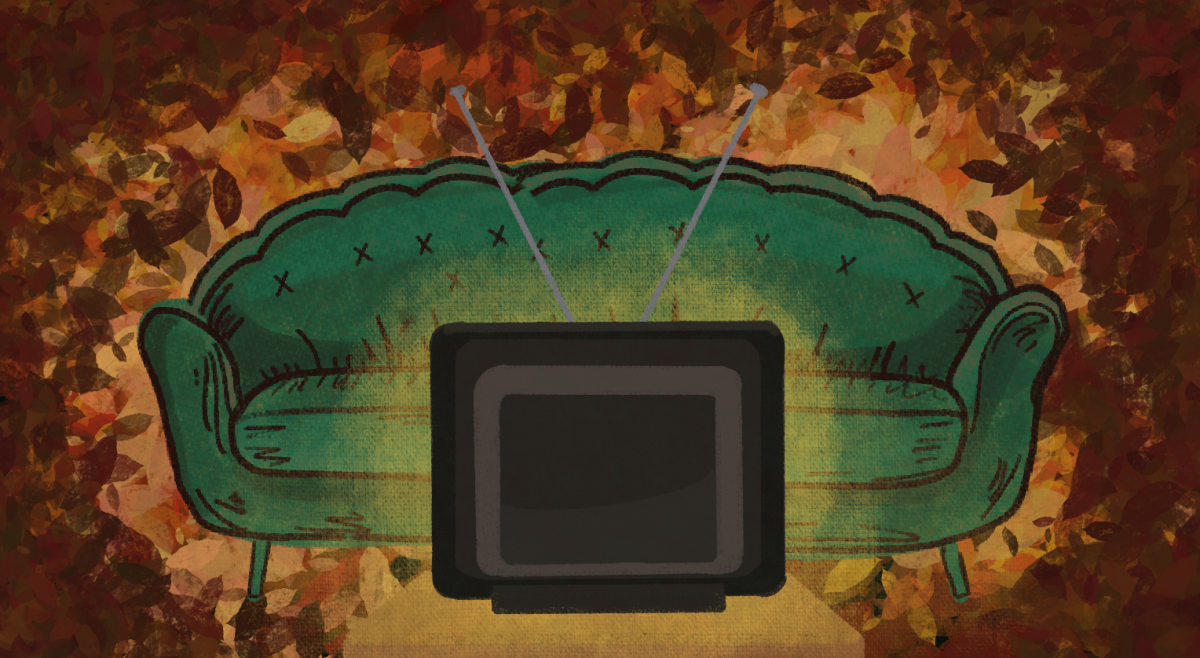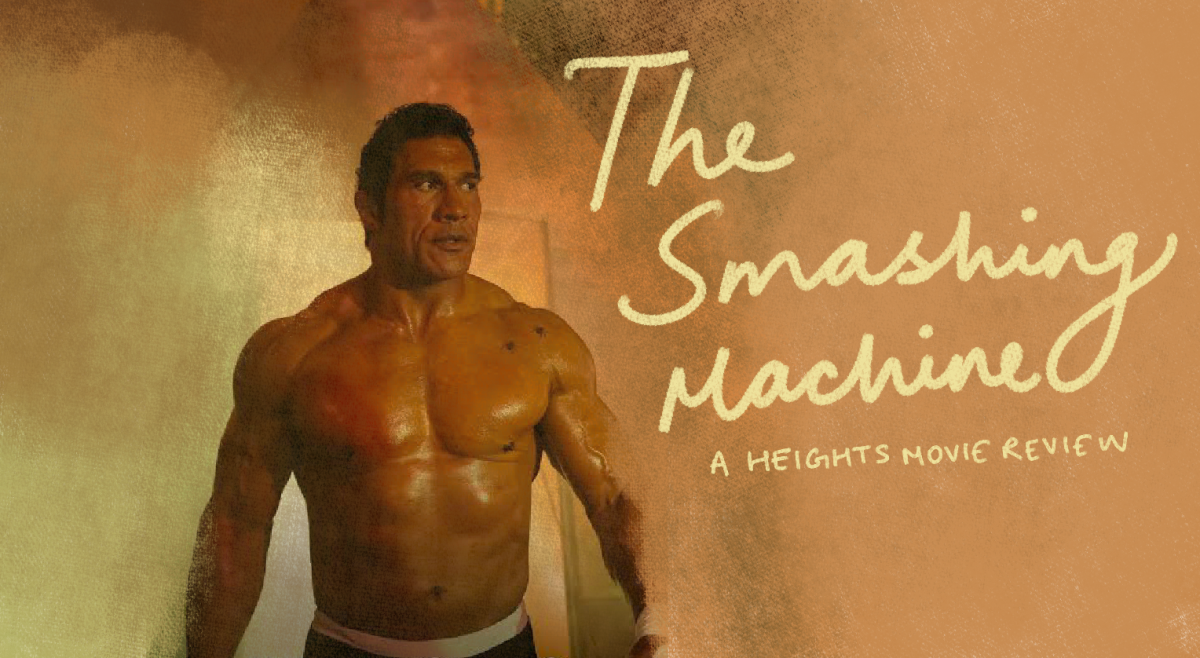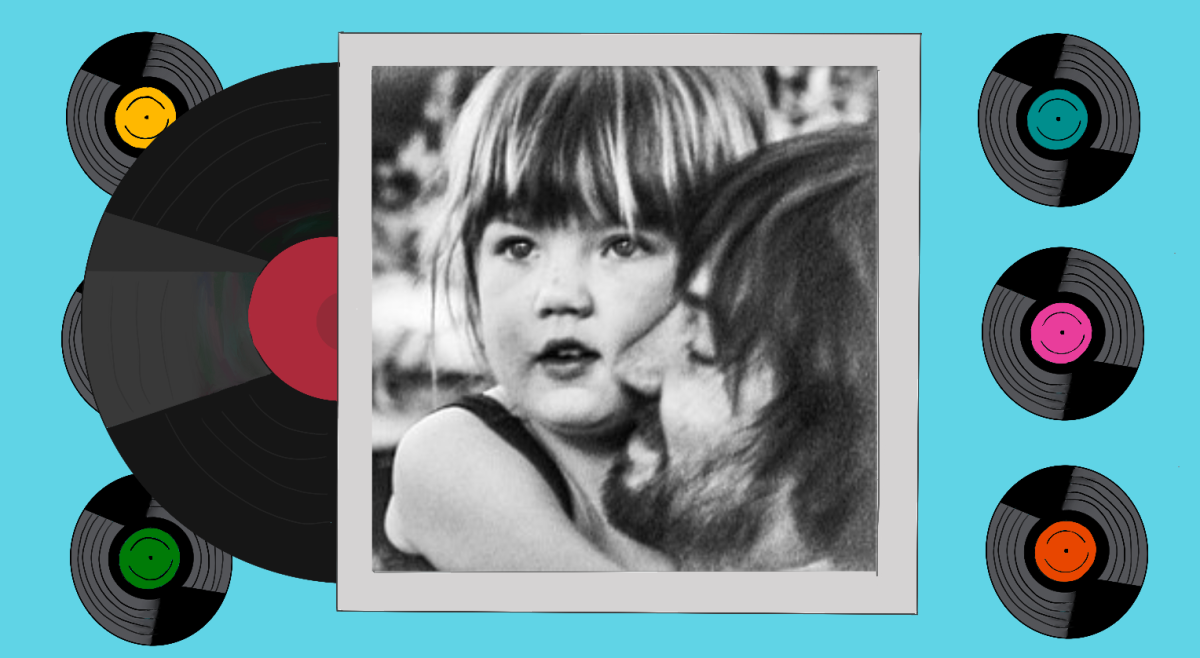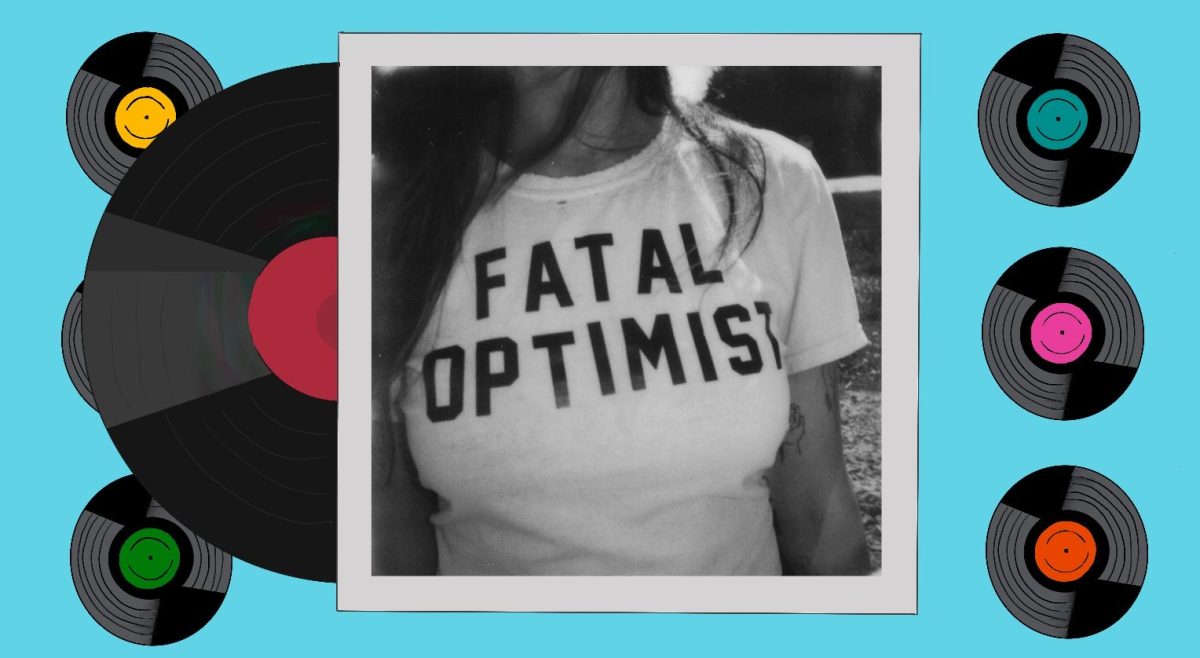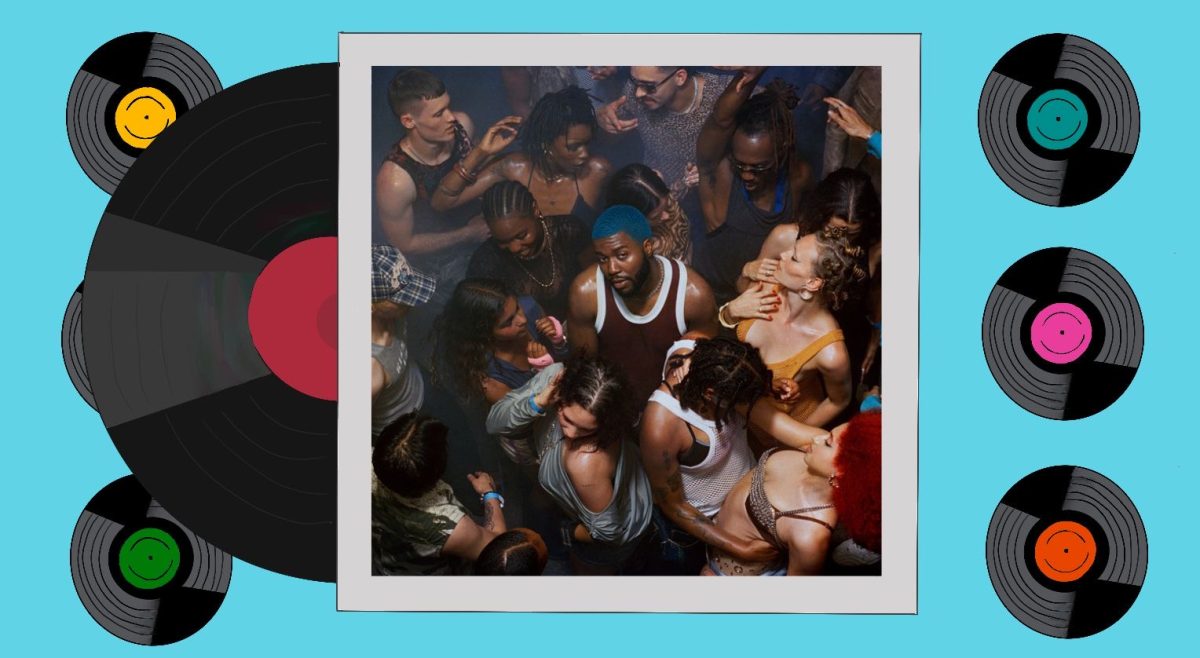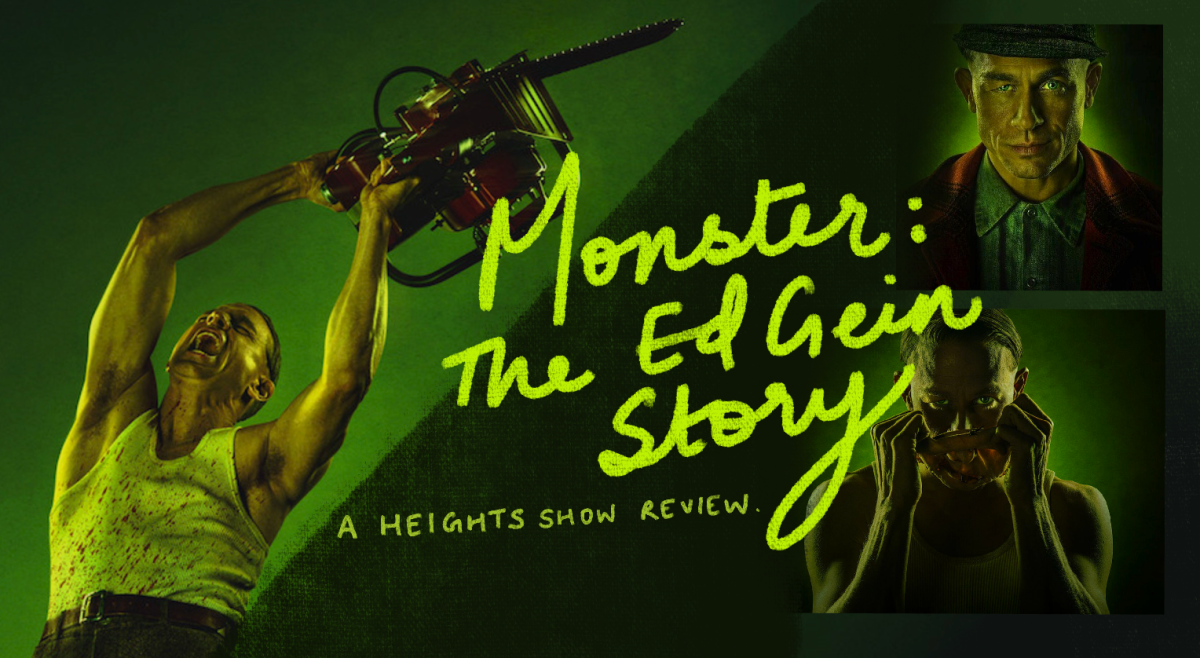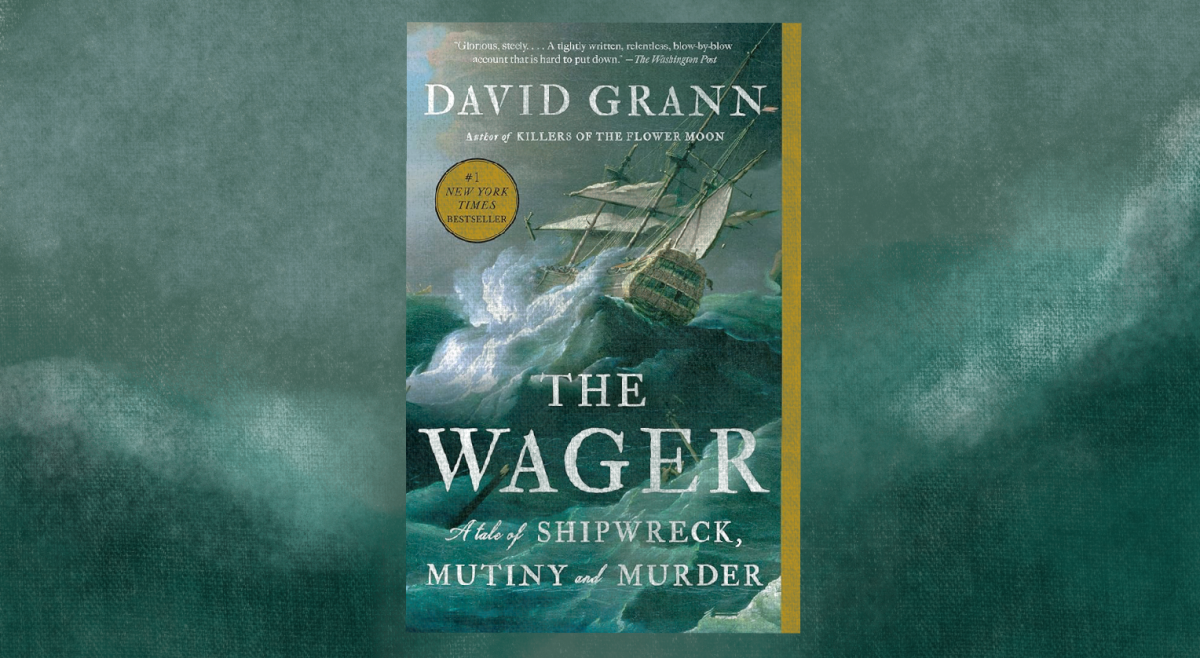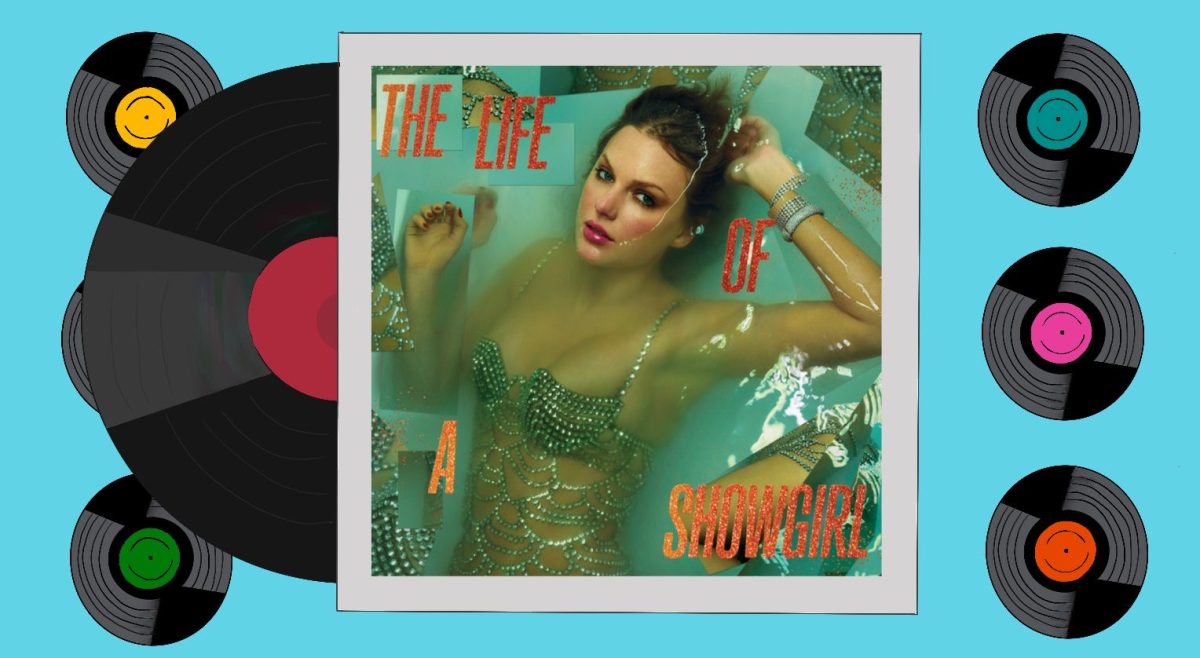
You’re a great one, Mr. Grinch. Told time and time again, starting with the 1966 original television special How the Grinch Stole Christmas! to the wildly famous Jim Carrey rendition from 2000, chances are most viewers have had one or two encounters with the story of the iconic Christmas character. Given the icon status of the winter staple, there were doubts surrounding the latest release of the franchise. Despite worries, The Grinch, starring Benedict Cumberbatch as the wildly sardonic but redemptive title-role, brings a refreshing reminder of joy and kindness just in time for the holiday season.
Like all other stories of the Grinch, the film follows a quite unpleasant green creation of Dr. Seuss’s mind. Living in a questionably large mountainside mansion with his all-too-kind-for-the-Grinch dog Max, he literally and metaphorically looks down on Whoville daily. A handful of days until Christmas, the Grinch’s least favorite time of the year, the town is painted red and green for the arrival of Santa Claus. It could not be a story of the Grinch if Cindy Lou Who was not present. Played by newcomer Cameron Seely, Cindy Lou, after losing her letter to Santa, is on a mission to trap him as he comes down the chimney so she can ask if he can bring her overworked mom (Rashida Jones) a merry Christmas. Her plan becomes overlapped with the Grinch’s as he plots to steal Christmas on the eve of the beloved Whoville holiday.
Part of what makes this version so cheery is its modern day twist. It is narrated by Pharrell Williams, the musician who often finds ties with Illumination Entertainment. Although the narration could be more consistent to create a bedtime story feel, Williams’s presence adds unexpected pleasant twists. Another aspect of what makes this film so delightful is Saturday Night Live’s scene-stealer Kenan Thompson as Bricklebaum, the happiest resident of Whoville. Bricklebaum adores the Grinch and his ever-present desires to make the Grinch enjoy the holiday season creates an instant smile on the audience’s faces. Another key feature that creates the modern twist is the remake of “You’re a Mean One, Mr. Grinch” by Tyler the Creator, which sets the stage for the revamps of Christmas classics that make their way into the film.
The Grinch is not entirely excused from critique. The film runs just over 80 minutes, pushing the point of just how long can story of the Grinch be drawn out. Although added plotline explains why the Grinch holds such hatred in his heart and why Cindy Lou Who is striving so hard to give her family the best Christmas, the film could have been cut down further all while keeping its additions to the plot. The other issue with the film is its lack of consistency. When Williams’s narrations cut in, on occasion, they feel forced. Had they been present with the introduction of every scene, it would have a greater sense of fluidity. Sadly, there must also be mention of why Cumberbatch did not make the role special. All while Thompson embodies his character and almost provides a voice reminiscent of a knee-slapping SNL skit, Cumberbatch stumbles through an American accent that sounds oddly like SNL-alum Bill Hader. Not that this a miscast, but his work is nothing special.
The best part about the movie is its highlight of the goodness of others. As its fairytale ending begins, the Grinch delivers a toast to the good people of Whoville. He says, “To kindness and love, the things we need most.” As a touching line that brought an overwhelming sense of endearment to the audience, these words hold great meaning. Although The Grinch is a children’s movie, there is much to be said for all ages about its message. Seuss is known for his quick yet meaningful words—think “a person is a person no matter how small”—but his Christmas time classic continues to touch hearts year after year, remake after remake, re-read after re-read.
Featured Image by Universal Pictures



